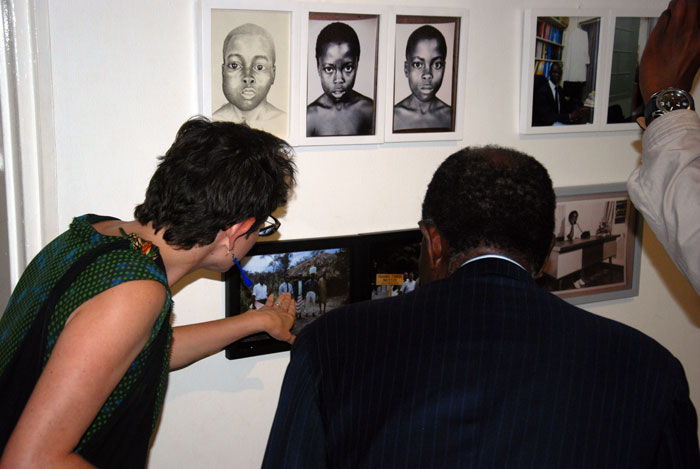
Of the 40,000 cases handled at the institute annually, 4000 are newly diagnosed where 78% succumb to the various cancers that they present with. Worse, Orem says those that go to hospital are just 4% of the overall burden in the community.
For him, to tackle the cancer challenge, the country must invest heavily in research because the tumors keep changing and soon they learn to defeat both the patients and oncologists.
“You cannot say you know everything about cancer,” the oncologist said, “That is the mistake many African countries have made, waiting for readymade solutions for their cancer problems.”
He added that when the country makes an investment in the area, that investment should be followed up by intensive knowledge generation.
“If the Institute was formed just as a care facility without emphasis on research and training,” he said, “I bet by now it would have been closed”.
It is not surprising, therefore, that 50 years later even after the return of political stability, Burkitt’s lymphoma, which the institute was formed to deal with is still among the top four killers among children after leukemia, wilms tumor – kidney cancer and Rhabdomyo sarcoma – cancer that develops in children’s muscle tissues.
Burkitt’s is still a problem because experts at the institute have gone backwards in countering it and yet the cancer is related to other diseases like malaria and other infections that have not been controlled. Mugisha and other researchers have put this to a study too.
Mugisha says they are studying to know why the disease still presents the same characteristics as in the 1970s. Their biggest focus, he says, is on whether the drugs are still as effective as they used to be.
Despite the slow progress now, Orem is optimistic, a major breakthrough of cure is possible but he acknowledges that finding that one magic pill that will cure all cancers might even be impossible.
For another Oncologist, Dr. Henry Ddungu, getting back on track and winning another Lasker award requires funding.
“Research should be funded and it shouldn’t be seen as a luxury,” he says, “In Uganda today, we don’t know that what is research today is treatment tomorrow. Chemotherapy was research in the 1960s.”
He added that when they opened, radiotherapy was not offered in Uganda because it was high tech and surgery were the standard treatment. Chemotherapy was still experimental with only those on clinical trial receiving it.
- With increased funding, Ddungu says, they plan to carry out the first bone marrow (stem cell) transplant and that they want to introduce new technology for investigation called PET – Positron Emission Tomography—which will help with accurate diagnosis even when the disease is in its earliest stage.
Their aim is to ensure that no one is referred abroad for the services they can easily offer given the necessary resources. “One of our biggest challenge is getting access to high-priority drugs at an earlier time,” Orem said, “But that can be fixed. People should only go for specialized treatments like proton therapy.”
Currently, however, the strategy according to Dr. Orem is to go to the community, develop regional cancer centers and reduce on the number of those that scramble for services at the Institute. The plan is to establish centers in Mbarara, Gulu and Mbale in the next five years.
PROF OLWENY #UCI50: More to celebrate than mourn at Uganda Cancer Institute https://t.co/7XQuEDQOpj pic.twitter.com/p3mw6K0p1O
— The Independent (@UGIndependent) August 19, 2017
****
 The Independent Uganda: You get the Truth we Pay the Price
The Independent Uganda: You get the Truth we Pay the Price





